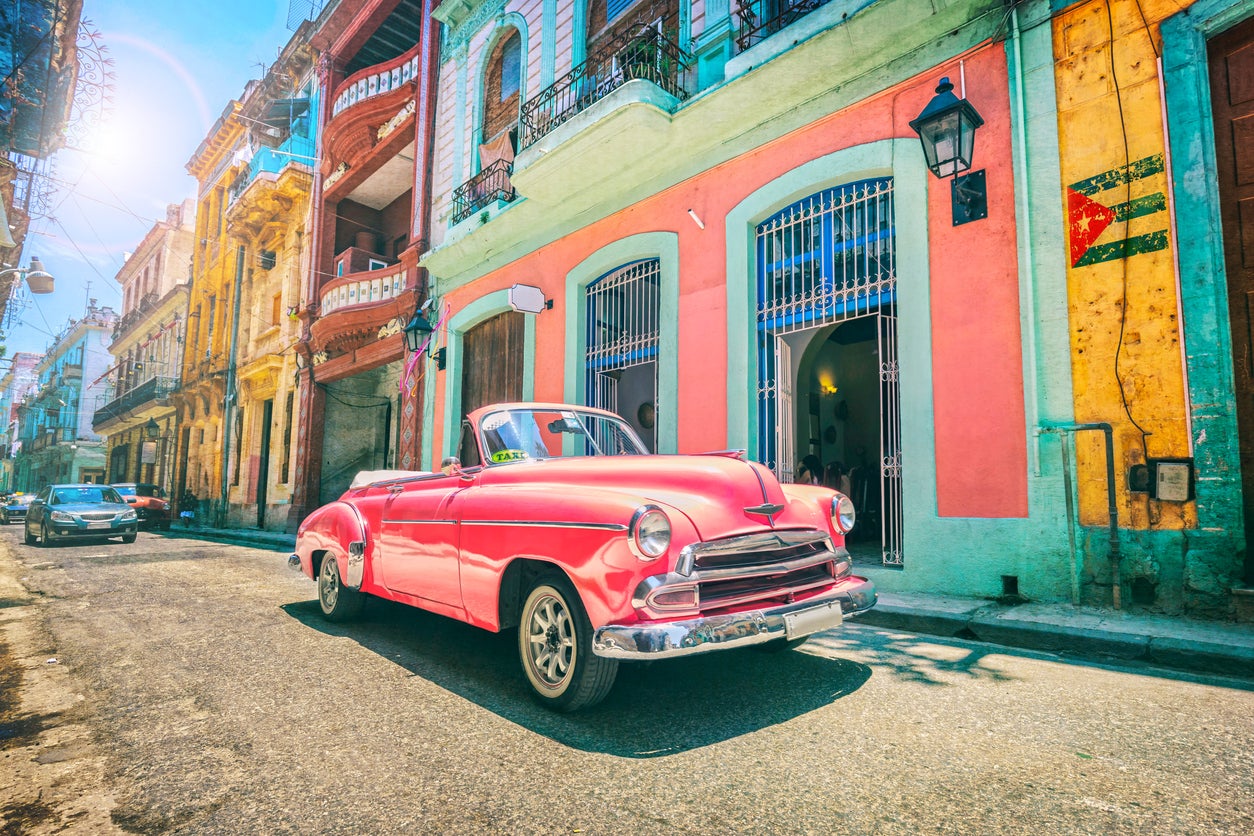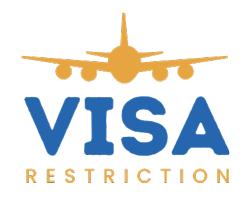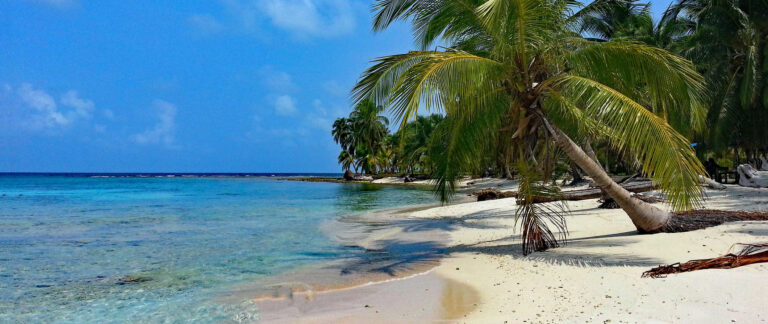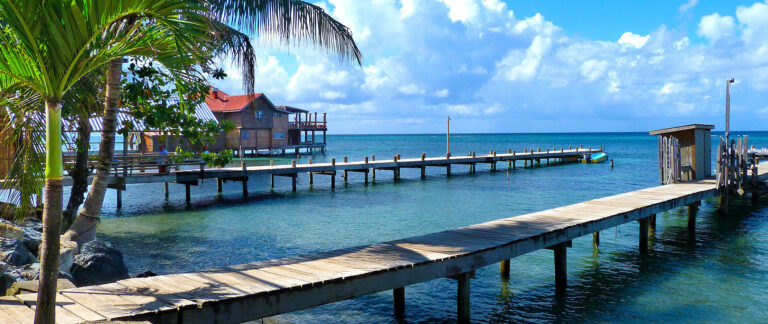Is Cuba Safe to Travel: Visitor Guidelines

Safety in Cuba
Safety is a crucial factor to consider when determining the answer to the question: “is Cuba safe to travel?” Understanding the current crime levels and theft risks in Cuba can help you make informed travel decisions.
Crime Levels in Cuba
Levels of crime in Cuba are generally lower compared to many countries; however, the difficult economic situation has led to an increase in opportunistic crimes, including muggings, especially at night. Travelers are advised to exercise increased caution due to the threat of petty and violent crime such as armed robbery and homicide. U.S. Embassy employees face special notification protocols when traveling outside Havana, which may impact emergency assistance.
To illustrate the crime levels, here’s a table summarizing key safety advisories:
| Crime Type | Advisory |
|---|---|
| Petty Crime | Common |
| Armed Robbery | Reported |
| Homicide | Rare but Occurring |
For travelers concerned with similar regions, check out our detailed guides on safety in other destinations:
- is it safe to travel to colombia
- is it safe to travel to the dominican republic
- is peru safe to travel to
Theft Risks in Cuba
With the increase in travelers to Cuba, property crimes such as pickpocketing, purse snatching, and car break-ins have become more common (Travel.State.Gov). Petty crimes often occur on public transport and intercity buses, requiring travelers to exercise vigilance.
To minimize theft risks, take the following precautions:
- Avoid displaying large amounts of cash
- Do not leave valuables unattended
- Carry money in front pockets
- Secure purses and cellular phones
Here’s a quick breakdown of common theft risks and recommended safety measures:
| Theft Risk | Recommended Safety Measures |
|---|---|
| Pickpocketing | Avoid crowded areas, be vigilant on public transport |
| Purse Snatching | Use anti-theft bags, secure your grip on valuables |
| Car Break-ins | Do not leave valuables in vehicles |
For additional safety tips applicable to other travel destinations, check our articles on:
Staying informed and taking safety precautions can greatly enhance your travel experience in Cuba and ensure a safer journey.
Travel Precautions
When considering the question, “is Cuba safe to travel?”, it is important to be aware of certain travel precautions to ensure a safe and enjoyable trip.
Personal Security Advisories
When traveling to Cuba, it is essential to consider your personal security. Visitors should be aware of the risk of theft from luggage when baggage is handled on arrival or departure at the airport (gov.uk). To minimize these risks, follow these personal security tips:
- Be alert to pickpockets and bag-snatching.
- Do not carry large amounts of cash.
- Leave valuables in a secure location, such as a hotel safe.
Additionally, it is important to be cautious about accepting snacks, beverages, gum, and cigarettes from strangers as they may contain drugs that could lead to assault or robbery.
| Security Tip | Description |
|---|---|
| Stay Alert | Be aware of your surroundings, especially in crowded areas. |
| Avoid Large Cash | Carry only the amount of cash you need for the day. |
| Secure Valuables | Use hotel safes to store passports, jewelry, and other important items. |
For more detailed advice on staying safe while traveling, you can visit our guide on personal security advisories.
Transportation Safety Tips
When it comes to transportation, tourists in Cuba should be particularly cautious. There have been incidents involving bogus taxi drivers at airports and in Old Havana, as well as attacks on foreigners in hire cars. Follow these transportation safety tips to ensure a safer journey:
- Only use official taxis: Avoid hiring taxis off the street, particularly at airports and in tourist areas. Choose registered taxi companies or arrange transportation through your hotel.
- Check for convenience: Confirm the taxi fare before starting your ride.
- Inspect the car: When renting a car, check the vehicle for any damages and ensure the tires are in good condition to avoid puncturing incidents in remote areas.
| Transportation Tip | Description |
|---|---|
| Use Official Taxis | Opt for registered taxis or book through your hotel. |
| Confirm Fare | Agree on the fare before starting your ride to avoid disputes. |
| Inspect Rental Cars | Ensure the car is in good condition before driving. |
Following these guidelines can help you avoid potential risks and ensure a smooth and enjoyable travel experience in Cuba. For further safe travel tips, see our articles on is it safe to travel to mexico and is it safe to travel to jamaica.
Legal Considerations
Understanding the legal landscape is essential for ensuring a safe and trouble-free visit to Cuba. Here, we explore the country’s laws on drugs and same-sex rights to help you navigate your journey with confidence.
Drug Laws in Cuba
Cuba has strict laws concerning the use, possession, and trafficking of illegal drugs. The penalties for drug-related offenses are severe and can include lengthy prison sentences and heavy fines (gov.uk). To avoid any legal pitfalls, it’s crucial to adhere to these regulations and avoid any involvement with illegal substances.
For better clarity, here’s a brief overview of the penalties:
| Offense Type | Potential Penalty |
|---|---|
| Possession | Heavy fines and/or imprisonment |
| Use | Heavy fines and/or imprisonment |
| Trafficking | Lengthy prison sentences and/or heavy fines |
Knowing these consequences can help you make informed decisions and ensure a hassle-free experience when visiting Cuba.
Same-Sex Rights in Cuba
Same-sex sexual activity is legal in Cuba, and same-sex marriages are recognized under Cuban law. However, gender diversity may not be fully understood or accepted by the general population.
For LGBTQ+ travelers, it is helpful to be aware of cultural sensitivities. While same-sex relationships are legally protected, public displays of affection may attract attention. It is beneficial to exercise discretion and respect local customs. Specific LGBTQ+ travel advice can provide you with additional guidance.
Here’s a quick look at the legal status:
| Issue | Legal Status | Notes |
|---|---|---|
| Same-Sex Activity | Legal | Culturally sensitive |
| Same-Sex Marriage | Recognized | Public acceptance varies |
By understanding these legal considerations, you can better prepare for your trip and navigate any potential challenges you might face while exploring the beauty and culture of Cuba. For more on safety in other destinations, check out our articles on is it safe to travel to Mexico, is Brazil safe to travel, and is it safe to travel to Egypt.
Health and Vaccinations
Ensuring proper health and vaccinations is a crucial aspect when considering if Cuba is safe to travel. This section provides important health precautions and vaccination recommendations to help you stay informed and prepared for your journey.
Health Precautions for Traveling to Cuba
When traveling to Cuba, you should be aware of the following health precautions to ensure a safe and healthy trip:
-
General Health: Be sure to have a Healthy Travel Packing List for Cuba, including items like prescription medicines, basic first aid supplies, and personal hygiene products.
-
Emergency Medical Care: Access to emergency medical care may not always match US standards, especially in rural areas (CDC Traveler’s Health – Cuba). It’s advisable to have comprehensive medical insurance that includes coverage for medical evacuation.
-
Road Safety: Motor vehicle crashes are the leading cause of death for healthy US citizens in foreign countries. Be extremely cautious when walking, riding, driving, or flying in Cuba.
-
Rabies: There have been reports of rabies-infected dogs in Cuba. Rabies pre-exposure vaccination is recommended for travelers, especially those visiting rural areas or staying with locals.
Vaccination Recommendations for Cuba
When planning your trip to Cuba, consider the following vaccination recommendations to safeguard your health:
| Vaccine | Recommendation |
|---|---|
| Hepatitis A | Recommended for all travelers one year old or older. Infants 6 to 11 months old should also be vaccinated. Unvaccinated travelers over 40 years old, immunocompromised individuals, or those with chronic medical conditions should receive the initial dose at least two weeks before departure. |
| Rabies | Recommended for travelers visiting smaller cities or rural areas, or staying with friends or relatives, where they might encounter rabid animals. Rabies vaccine availability is generally good throughout Cuba. |
| Other Routine Vaccines | Ensure that routine vaccinations are up to date, including MMR, DTP, varicella, polio, and your yearly flu shot. |
These health precautions and vaccination guidelines are designed to prepare you for a safe and enjoyable trip to Cuba. For additional information on travel safety, consider exploring articles like is it safe to travel to jamaica and is costa rica safe to travel.
Financial and Insurance Guidance
When planning your trip to Cuba, understanding the financial landscape and insurance requirements is crucial. Here’s what you need to know about handling money and ensuring you have the necessary insurance coverage.
Currency Exchange in Cuba
In Cuba, U.S. credit and debit cards do not work. It’s essential to bring U.S. dollars or Euros and exchange them for Cuban Pesos (CUP) at authorized exchange locations. Always carry enough cash to cover your expenses, and be aware of the cash declaration rules.
| Currency | Exchange Rate (Approx.) |
|---|---|
| 1 USD | 24 CUP |
| 1 EUR | 28 CUP |
Travelers must declare amounts over $5,000 USD upon entering and exiting the country. There are strict regulations regarding currency exchange when departing. Ensure to confirm any alternative payment options before your trip, as policies may change (Travel.State.Gov).
For additional context on handling money in other travel destinations, check out our articles such as is it safe to travel to china and is brazil safe to travel.
Medical Insurance Requirements
Cuba mandates that visitors have non-U.S. medical insurance, which is typically included in the cost of airline tickets when departing from the United States. If you do not have insurance, you can purchase it upon arrival in Cuba. Asistur Medical Insurance is the official insurance provider used by airlines.
| Insurance Provider | Coverage Inclusions |
|---|---|
| Asistur Medical Insurance | Emergency medical services, hospitalization, medical evacuation |
Before arriving, confirm the coverage details with your airline. If you plan to stay in Cuba for more than 30 days, ensure to maintain continuous health insurance. Visit the Travel.State.Gov website for the latest updates on insurance requirements.
For more tips on staying safe during your travels, see our articles on is it safe to travel to mexico and is it safe to travel to the dominican republic.
Cultural Awareness
Your understanding of Cuba’s cultural aspects can greatly enhance your travel experience. Here are some key areas to consider for a safe and respectful journey.
LGBTQ+ Travel Advice
Cuba has taken progressive steps regarding same-sex rights. Same-sex sexual activity is legal, and same-sex marriages are recognized under Cuban law (gov.uk). However, it’s important to note that gender diversity may not be fully understood or accepted by the general population.
When traveling to Cuba, LGBTQ+ visitors may find the urban areas of Havana and other larger cities more welcoming compared to rural areas. It’s advisable to be discreet with public displays of affection to avoid drawing unwanted attention. If you need specific advice and support, refer to the resources available for LGBT+ travelers.
For more comprehensive advice, explore our LGBTQ+ travel guide.
Demonstrations and Social Media Restrictions
Local authorities in Cuba can break up demonstrations or gatherings that are not sanctioned by the government. They can also block access to the internet and social media platforms without prior notice. Participation in unsanctioned demonstrations is illegal, and caution is advised during periods of civil unrest.
Accessing social media and using the internet in Cuba can be challenging at times. The Cuban government has control over internet services, which may be restricted during sensitive periods. Keep this in mind and avoid engaging in activities that could be perceived as politically sensitive.
To stay informed about the safety and security situation, check updates regularly from reliable sources during your trip.
Understanding these cultural nuances will not only help you stay safe but also ensure a respectful and enjoyable visit to Cuba. For related travel safety tips, you can also read our guides on is it safe to travel to mexico and is it safe to travel to jamaica.






